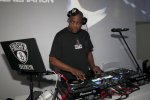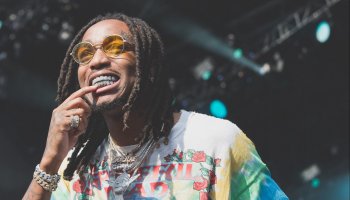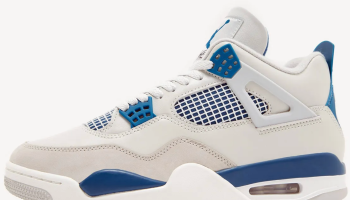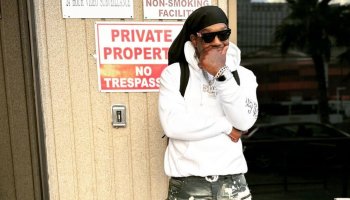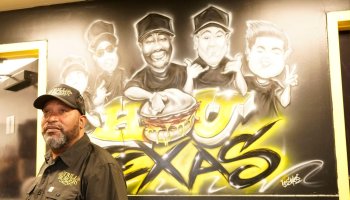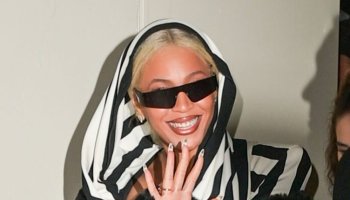The ratio of protest songs to police brutality cases in 2014 has been underwhelmingly low and Questlove feels there is a clear cut reasoning for that.
When asked by Billboard on his thoughts on the matter, The Roots leader pinpointed the likelihood of being blackballed within the industry as the main culprit.
“I think a lot of it is just due to fear of being blackballed and not making a living,” he says. In 2003, the Dixie Chicks saw both sides of the mountain in the same day when they criticized President Bush during the height of Operation Iraqi Freedom. If a socially accepted, Grammy Award-winning group such as the Dixie Chicks can face backlash, every artist is naturally going to tread lightly in a time when public opinion is contingent on record sales.
“We were like, ‘Man, if a white woman can lose her career in the United States for speaking up for what’s right, then shit, we’ll get the electric chair,’ he continues. “I think that was the bottom line. And that just really rendered America silent.”
Hip-Hop usually doesn’t play by typical rules, but rappers are more conscious than ever that they walk a fine line in trying to obtain mainstream attention. Artists such as The Game and J. Cole have all played a part in creating protest songs that cite some of the unfortunate police shootings of the year and Questlove speaks how the new D’Angelo album managed to possesses a bit of uncanny foreshadowing.
“They are applying now more than ever,” Questlove says in reference to the records that were created before Mike Brown and Eric Garner actually died. “With this D’Angelo record,” he added, “there’s definitely going to be a sea change of people not being afraid anymore, and really putting their art ahead of their commerce concerns.”
With there being plenty of material worth covering opposed to frivolous subject matter, we’d sure like to think that he’s right.
—
Photo: Instagram/Questlove
